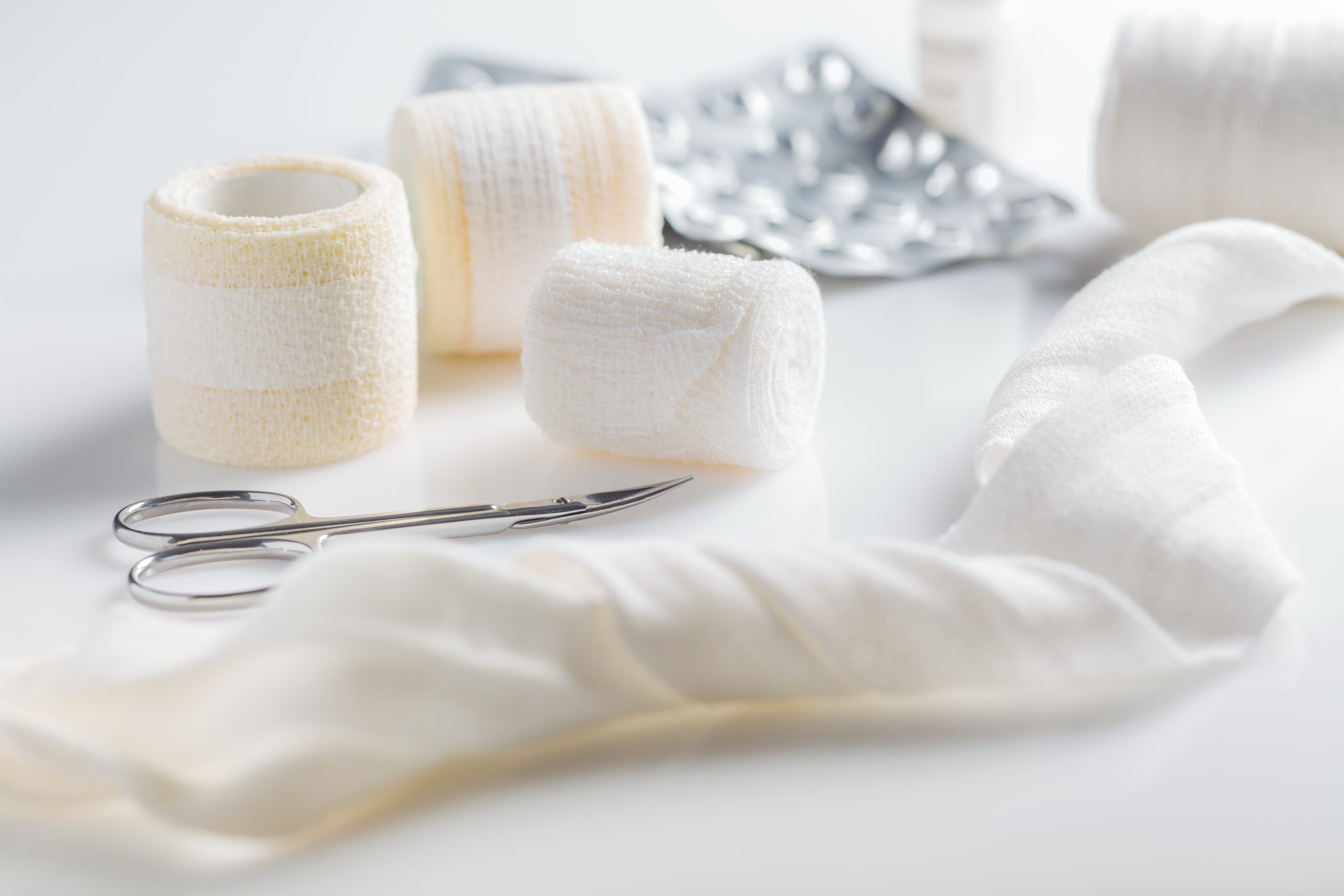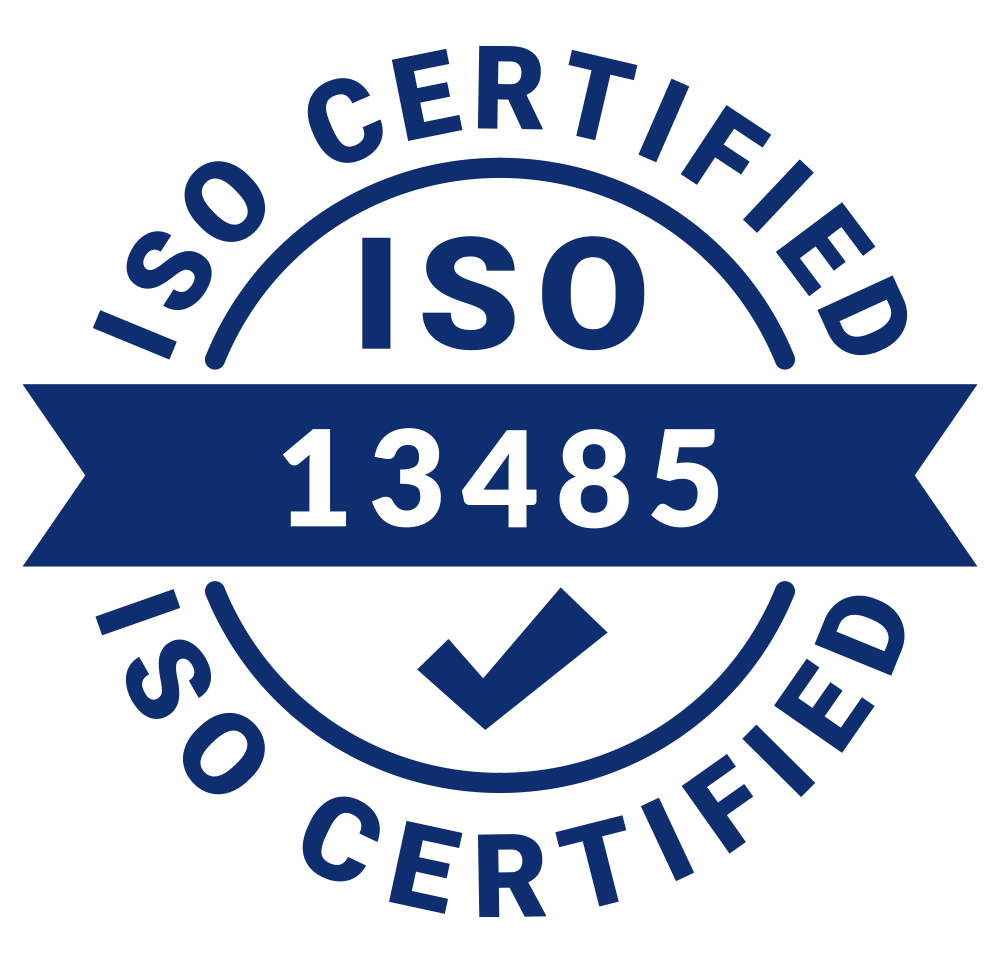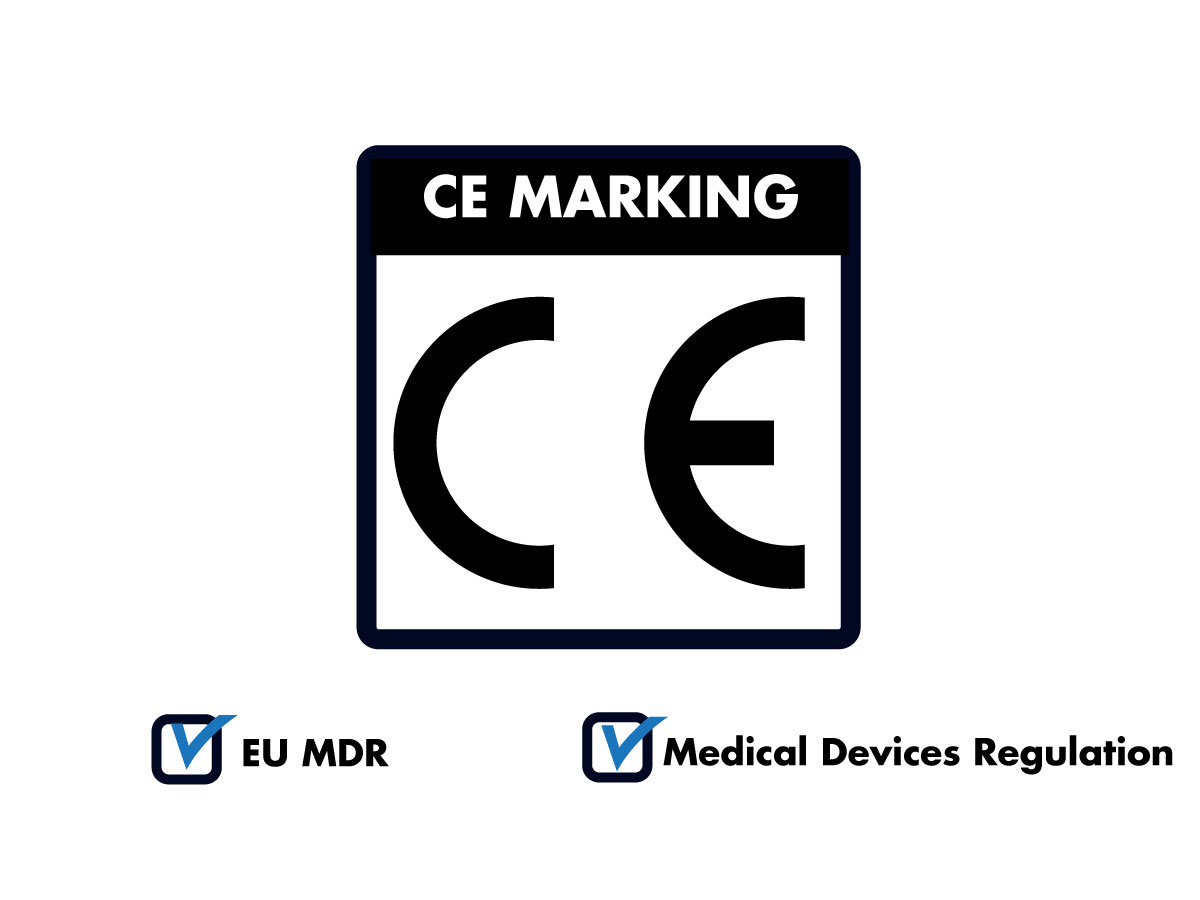In the medical textile industry, perforated plaster stands out for its breathability and comfort. The perforated plaster production machines used in manufacturing this special product provide great advantages in terms of quality and efficiency. Perforated plaster manufacturers choose these machines to ensure the durability and compliance of their products with standards.
Advantages of Automatic Production Technology for Perforated Plaster Manufacturers
Konum Engineering’s perforated plaster production machines achieve high-quality standards with precise hole-punching technology. They minimize errors and waste in the production process, thereby reducing costs for perforated plaster manufacturers. Automation increases production speed while maintaining product quality and full compliance with standards.
Ease of Use and Durability: Key Features of Perforated Plaster Production Machines
Ergonomically designed, perforated plaster production machines feature user-friendly control panels that allow operators to work efficiently. High energy-efficiency motors reduce operational costs, while their durable structure ensures long-lasting use. These features guarantee quality and continuity in the production processes of perforated plaster manufacturers.
The Importance of Quality and Standards in Medical Perforated Plaster Production
Perforated plaster must be produced to high quality and standards for patient comfort and treatment success. Konum Engineering’s perforated plaster production machines fully meet these requirements. Products manufactured with precise hole-punching technology and correct measurements are safely used in the medical textile sector.
Technological Solutions Providing Competitive Advantage for Perforated Plaster Manufacturers
Konum Engineering’s perforated plaster production machines offer high capacity and superior quality to manufacturers. This allows producers to increase their market share and enhance competitiveness. Additionally, with energy efficiency and sustainable production features, they make a difference in the industry.





